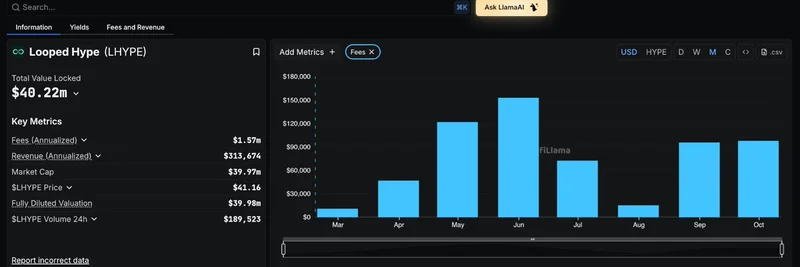If you've been following the crypto scene lately, you might have noticed a buzz around something called x402. Tokens tied to this meta have skyrocketed 200-1000% in just a week, and it's not just hype—there's real tech behind it. Let's break it down in simple terms, drawing from insights shared in a recent thread by @Defi0xJeff on X.
First off, what is x402? It's a standard created by the Coinbase Developer Platform back in May 2025, but it's only recently exploded in popularity thanks to endorsements from giants like Google and Cloudflare. At its core, x402 enables "HTTP-native" token minting. That means you can create and distribute tokens directly through web requests—no need for complicated blockchain interactions upfront. Developers drop a URL, users mint tokens with a click, and boom, they're on-chain instantly.
This has split the excitement into two camps: the memecoin enthusiasts and the AI agent builders.
On the memecoin side, x402 is being hailed as the "HTTP-native fair launch meta." Imagine launching a meme token where anyone can ape in (that's crypto slang for jumping into an investment quickly) with minimal friction. No waiting for blockchain confirmations or dealing with gas fees right away. Launchpads are popping up everywhere to make this even easier, leading to that massive pump in related tokens. But as @Defi0xJeff points out, this hype might fizzle out because, well, memes are memes—they thrive on virality, not always on lasting value.
Now, the more intriguing part is how x402 ties into AI agents. These are autonomous programs that can perform tasks, interact with other agents, and even handle payments. x402 acts like payment rails for microservices, allowing seamless transactions using stablecoins. Before this, you'd deal with accounts, credit cards, KYC (know-your-customer processes), and hefty fees from intermediaries like Stripe. With x402, it's fast and frictionless, opening up the "agentic internet" where Web2 (traditional web) and Web3 (blockchain-based) worlds blend.
To build a full agentic economy—where agents pay each other for services, track work, and settle instantly—you need more than just rails. That's where auxiliary infrastructure comes in:
Billing and Commerce Layer: Projects like @Nevermined_ai are creating a "PayPal for AI," handling atomic payments per use, result, or second.
Agent Registry and Reputation: @virtuals_io is building tools for evaluating agent work, assigning reputation scores, and ensuring quality.
Trust and Settlement: Ethereum's ERC-8004 positions the blockchain as a passport for agents, while @eigenlayer adds verifiability to prevent issues like AI hallucinations (when models output nonsense).
On top of this, you'll see facilitators handling blockchain grunt work, specialized agents offering top-notch services, orchestrators (like $SANTA on Virtuals or $KARUM on CreatorBid) that match jobs to the right agents, and middleware for easy integration.
The potential is huge. A recent report from a16z estimates a $30 trillion total addressable market (TAM) for agentic economies. But we're not there yet—the stack needs time to mature.
So, where does value accrue? Short-term, look to orchestrators—they're like the user-friendly interfaces (think ChatGPT for agents) that aggregate services and take a cut. Highly specialized AI agents in trading, predictions, and DeFi (decentralized finance) stand to gain big, potentially 10x-ing users and revenue as x402 adoption grows.
Tying back to crypto AI agents, the narrative is resurgence mode. After a dip, leaders are recovering, and smaller plays are booming on speculation. But sustainability? Only those with solid products near commercialization will stick around. @Defi0xJeff hints at a deeper dive into the state of AI agents in Q4 2025—something to watch.
At the end of the day, x402 isn't just about quick memecoin flips; it's about building a Darwinian ecosystem where quality wins. Agents will compete globally, and only the best in inference and intelligence will thrive. If you're diving into this, focus on fundamentals over hype. For more, check out the After Hour EP.26 linked in @Defi0xJeff's bio.
This standard could be a game-changer for how we interact with blockchain and AI, making everything more accessible and efficient. Stay tuned as the agentic economy evolves—it's an exciting time in crypto.



